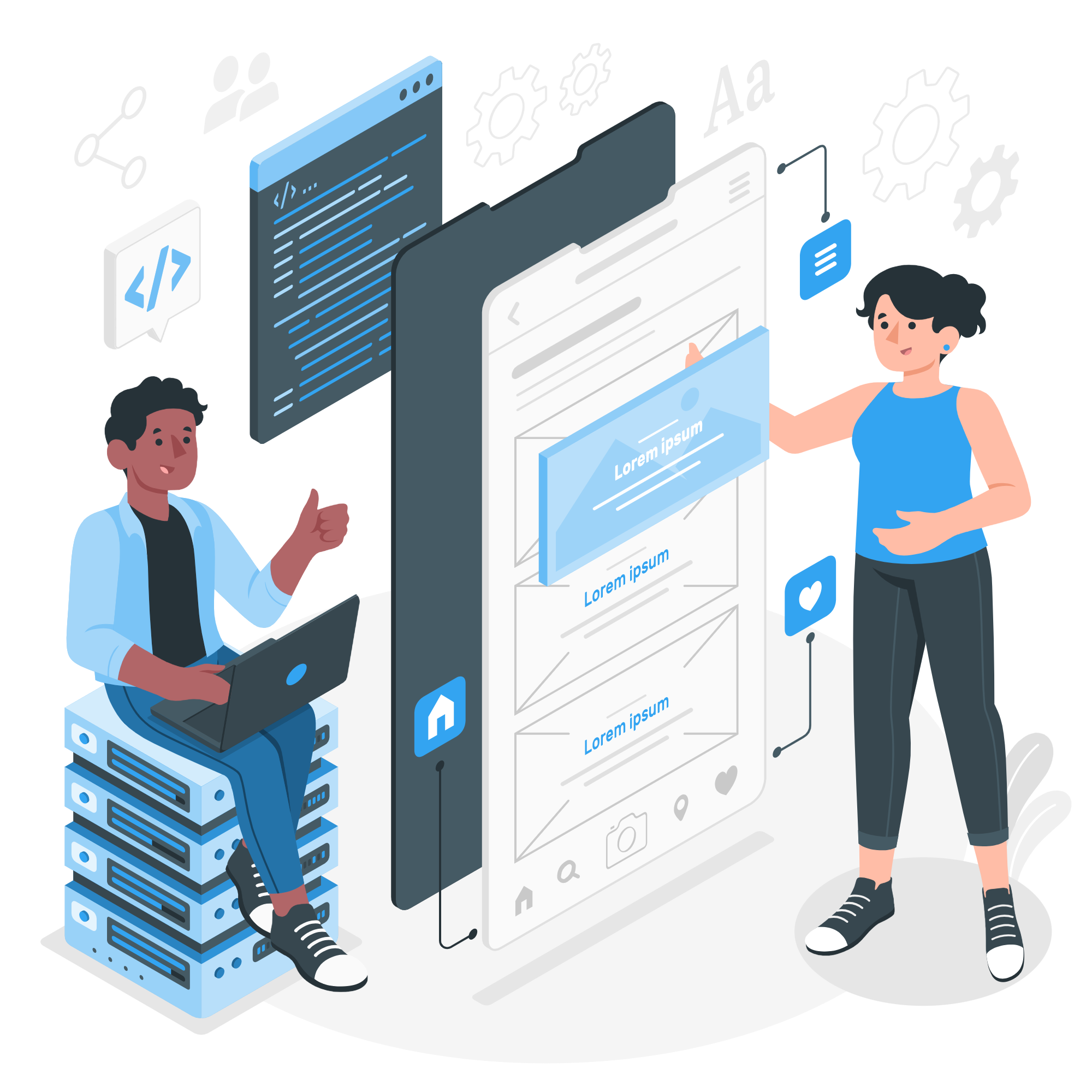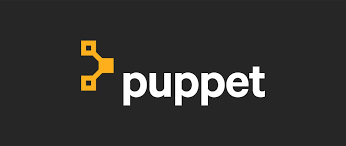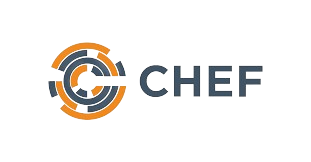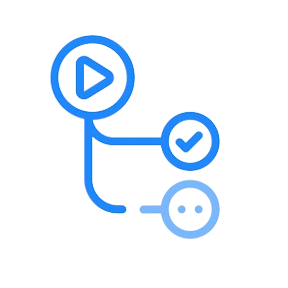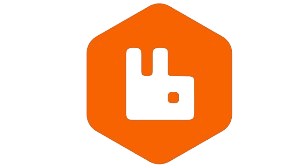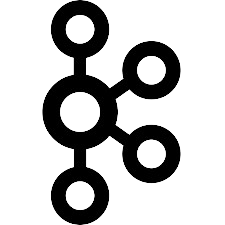-
Solutions

Cloud Solutions
Explore a range of comprehensive and scalable cloud solutions tailored to meet your business needs.
Cloud Solutionsarrow_forward
DevSecOps
Discover the principles of DevSecOps and how they integrate security practices into every phase of the development lifecycle.
DevOps Securityarrow_forward
Tools & Cloud Platforms
Get acquainted with a diverse set of tools and cloud platforms available for your projects.
Cloud Toolsarrow_forward - Services
-
Infrastructure

Software Development Life Cycle (SDLC)
SDLC is a process used by software development teams to design, develop, test, and deploy high-quality software. It typically includes stages like requirements gathering, design, development, testing, deployment, and maintenance.
Software Development Life Cyclearrow_forward
Infrastructure as Code (IAC)
IAC is a practice in which infrastructure components, such as servers, networks, and storage, are provisioned and managed using code and automation. This allows for consistent and repeatable infrastructure deployment.
Infrastructure as Codearrow_forward
Infrastructure as a Service (IAAS)
IAAS is a cloud computing model where a third-party provider hosts and manages virtualized computing resources over the internet. Users can rent these resources, such as virtual machines, storage, and networking components, on a pay-as-you-go basis.
Infrastructure as a Servicearrow_forward - About Us

